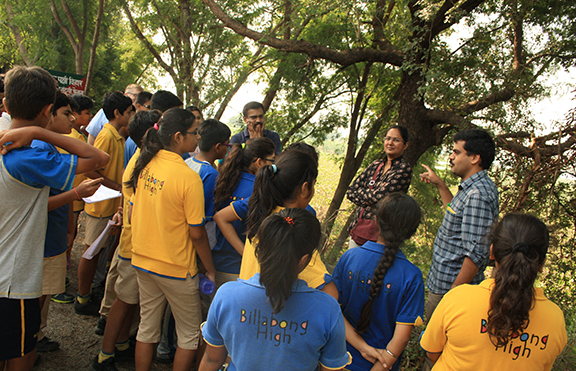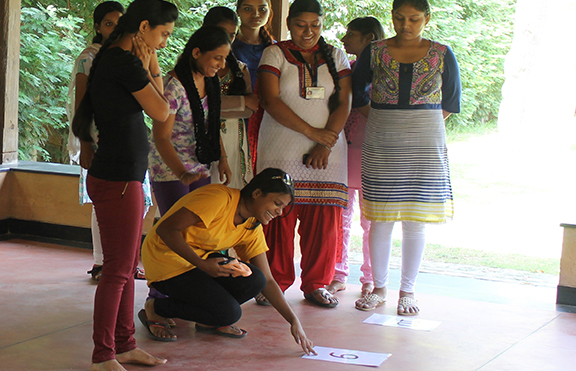As an environment education institution, we have developed transformational learning programmes grounded in scientific research. Our educational programmes are in diversified areas, such as - water, sanitation and hygiene, healthy air, conservation of urban forests, lakes and water bodies, bees and butterflies and sustainable living. Here is a brief overview of some of the educational programmes:
Forests are the lungs of our city. Our specially curated experiential learning modules help develop an understanding of the importance of urban forests in our lives. As a citizen scientist, you get an opportunity to use scientific methods to learn about trees by the DBH measurement/tree diameter to estimate the volume, biomass, and carbon storage of trees. You will learn about benefits provided by the forest ecosystem and their role in ecological functions such as carbon storage, water and air purification and the role of forests as wildlife habitats. You will monitor trees, birds and pollinators as part of the programme using our mobile applications as field guides, such as
‘Tree Watch’ ‘Bird Find’ ‘Pollinators’ ‘Spider Watch’ and ‘Bees and Butterflies’.
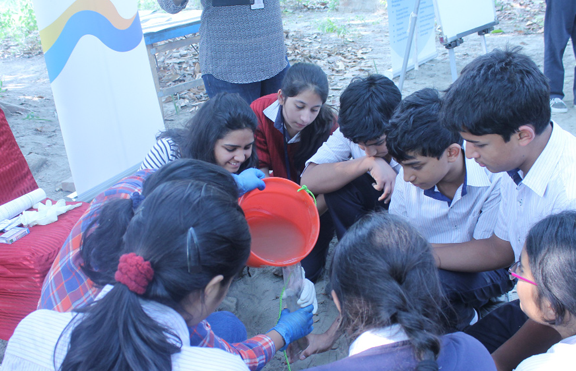
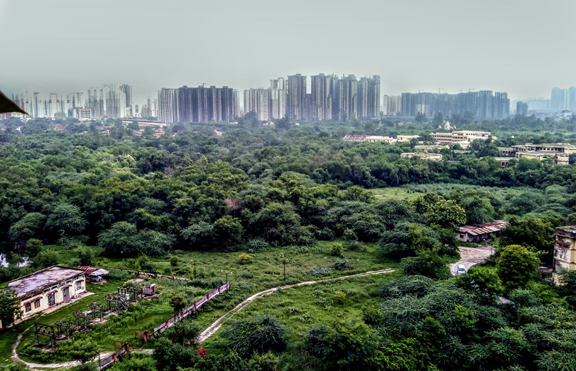
Bees and butterflies add beauty to our gardens. Our experiential learning programme will help you learn about bees and butterflies and their role as pollinators. As a citizen scientist, you will identify and monitor them using our mobile application, ‘Pollinators’. Using the handy counters, you will count the bees. You will also learn about making your garden pollinator-friendly.
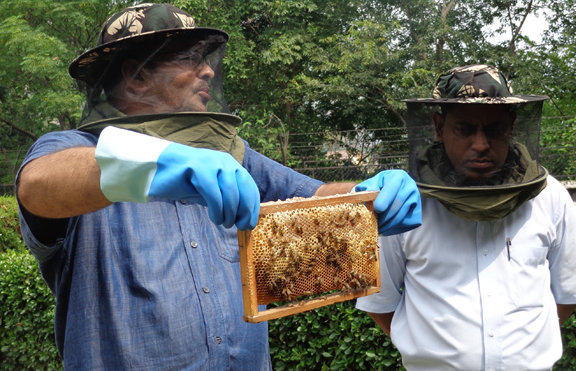
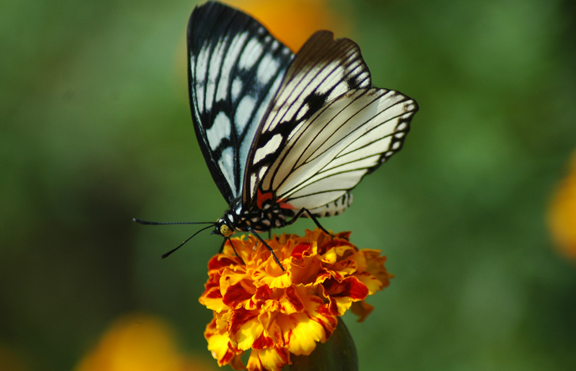
Water is the basis for all living ecosystems. It is one of the most important natural resources. Lakes and waterbodies function as a freshwater ecosystem, perform vital ecological functions and provide essential environmental services. They control urban flooding, support biodiversity and recharge groundwater aquifers. As a citizen scientist, you will get an opportunity to monitor water quality to support scientific studies. You will measure pH, TDS, turbidity, nitrate, phosphate and visual parameters.
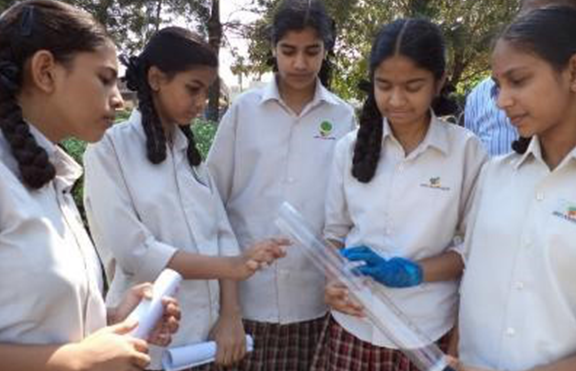
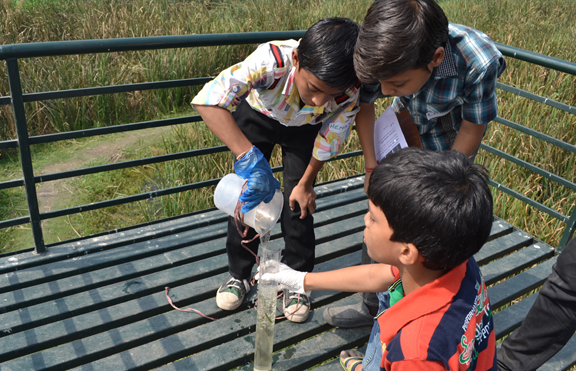
Eco-Weather Watch is a citizen science programme on weather and meteorology science, providing field-based and hands-on experience in measuring and recording weather-related data. At the core of the programme is the experience of being part of a team with weather and meteorology scientists. It is a collaborative initiative of Earthwatch Institute India and Indian Meteorological Society to engage students and teachers in experiential learning programmes regarding weather and meteorology, application of meteorological science in pollution monitoring, climate and weather forecasts.
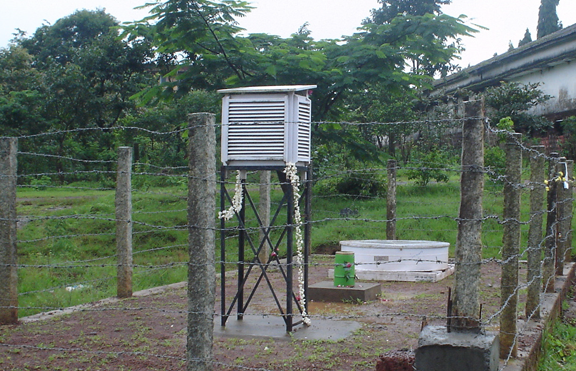
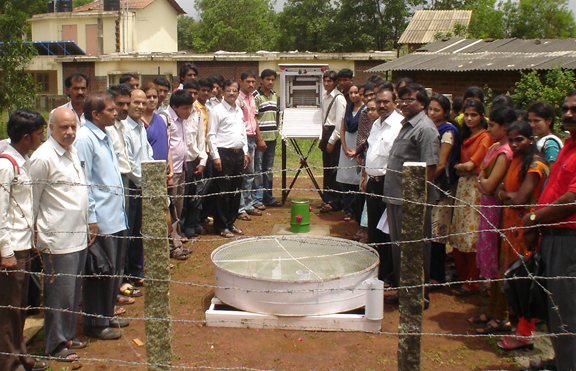
Frogs are a crucial part of the ecosystem. They are natural bioindicators. As a citizen scientist, you will learn about the importance of the amphibians, their characteristics and habitat.
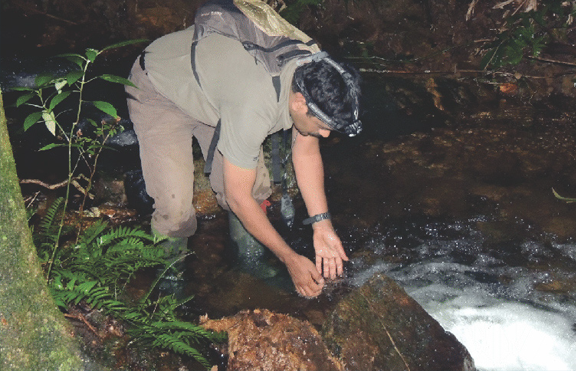
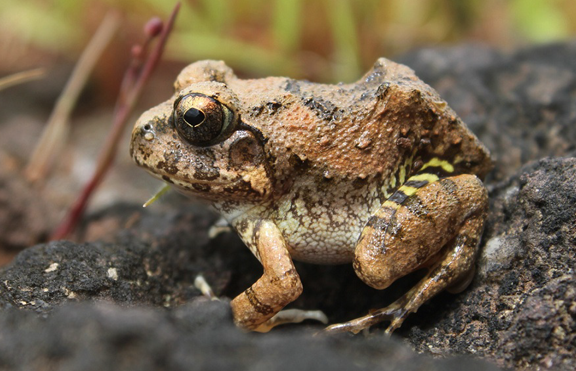
Birds enrich our lives with their presence. Birds are sensitive to habitat changes; hence they are an important indicator to measure the health of the environment. They also help in plant pollination and seed dispersal. As a citizen scientist, you will get the opportunity to observe birds and learn about their role in the ecosystem, using our mobile application, ‘Bird Find’.
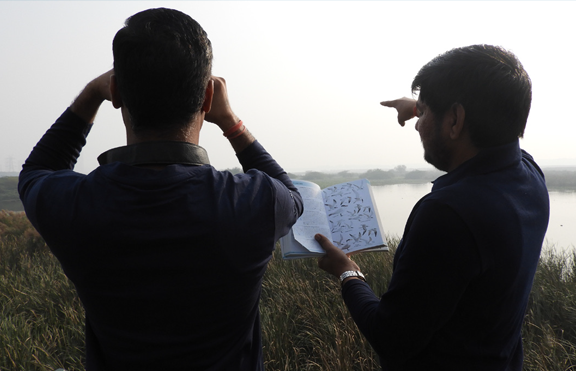
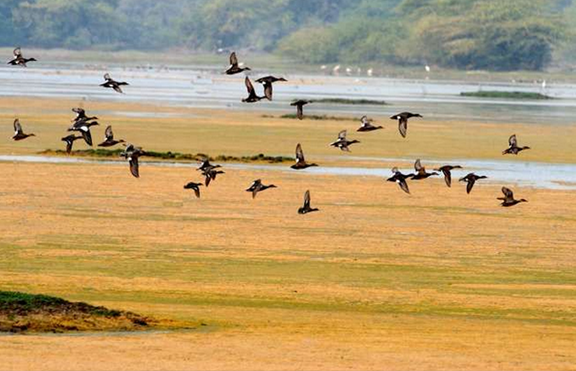
Air quality impacts people from all walks of life. It has an impact on human health and well-being. Project Healthy Air works with students, teachers, meteorologists, and scientists. The project gets you hands-on with scientific tools.
Knowledge and understanding of air pollution help us realise that the environment is central to our lives, and the air is a resource that we all share and must take care of it. You get an opportunity to regularly monitor the air quality on the campus as part of the project. You will also interact with scientists to understand and interpret the air quality data. As Air Quality Champions, you create action plans for simple positive actions to reduce air pollution in and near your school.
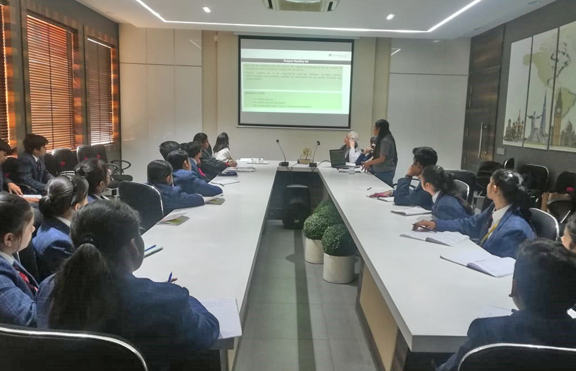
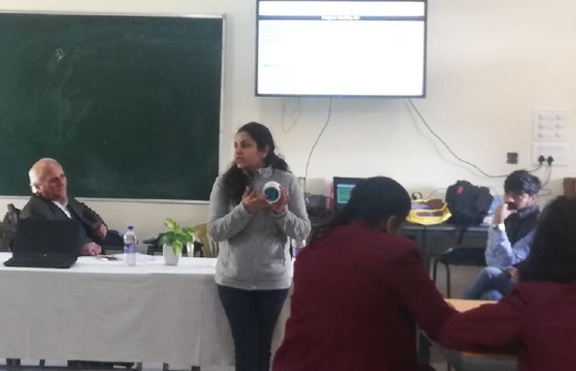
Teach Earth programme helps you to learn new and innovative teaching methods using a field-based and experiential learning approach. Teach Earth provides an opportunity to step outdoors in the natural ecosystem with field scientists and learning experts to design citizen science and experiential learning programmes on a wide range of subject areas. Teach Earth provides a transformational learning experience and help you in bringing the experiences and innovations back to the classroom.
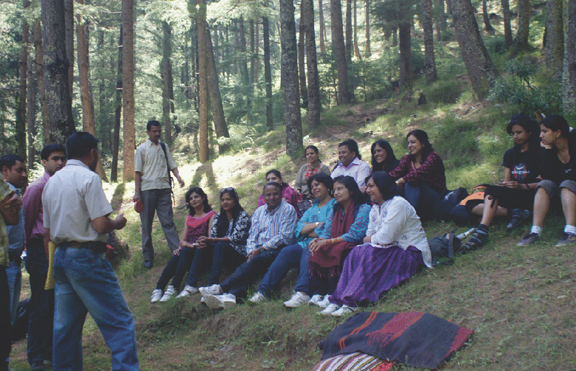
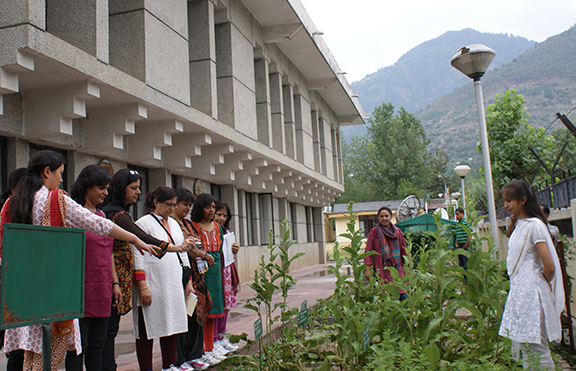
We have developed an educational programme on WASH - Water, Sanitation & Hygiene to engage with students, teachers, educational institutions and community science programmes. WASH education programme aims to increase awareness on safe water, sanitation and hygiene practices for health and well-being. The programme includes sessions on the rainwater harvesting technique. It builds awareness and understanding for developing local programmes in schools on water conservation, hand-washing and hygiene.
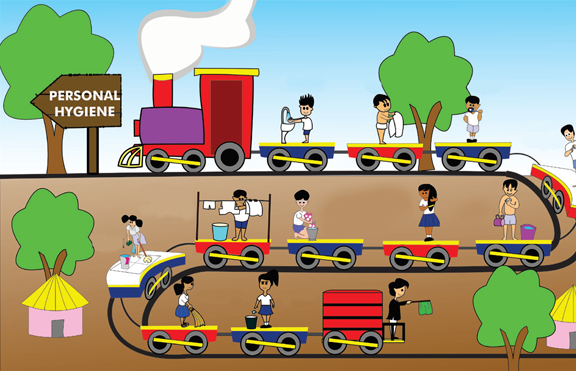
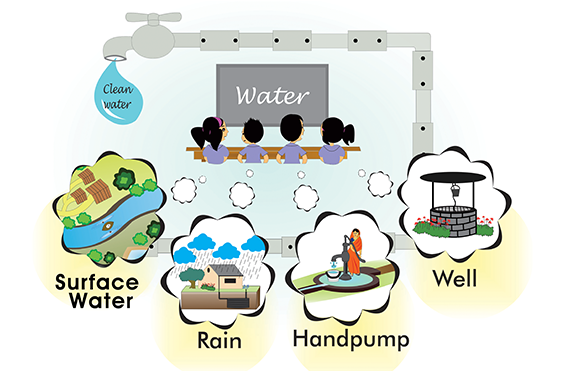
Ignite is an experiential learning programme for engaging students in nature conservation. You work with field scientists in areas such as water conservation, forest and biodiversity conservation, soil conservation, pollinators and organic farming. You learn about various scientific aspects of environment conservation and bring back the experiences to your school and college, sharing knowledge with friends and family.
